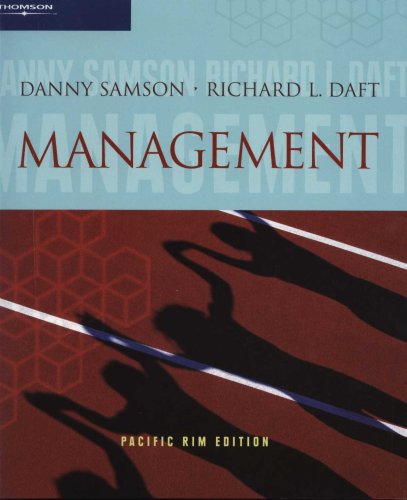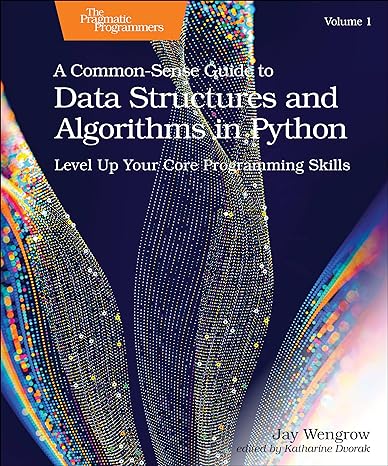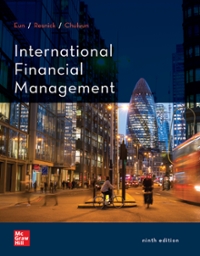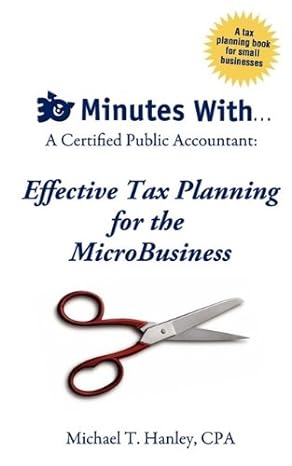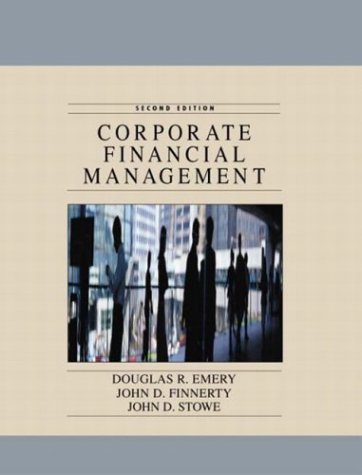Go back

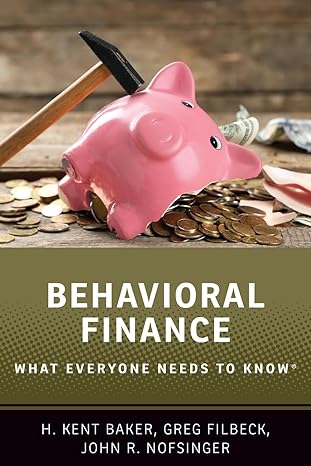
Behavioral Finance What Everyone Needs To Know(1st Edition)
Authors:
H. Kent Baker, Greg Filbeck, John R. Nofsinger

Cover Type:Hardcover
Condition:Used
In Stock
Include with your book
Free shipping: May 07, 2024Popular items with books
Access to 3 Million+ solutions
Free ✝
Ask 10 Questions from expert
200,000+ Expert answers
✝ 7 days-trial
Total Price:
$0
List Price: $16.95
Savings: $16.95(100%)
Book details
ISBN: 0190868732, 978-0190868734
Book publisher: Oxford University Press
Get your hands on the best-selling book Behavioral Finance What Everyone Needs To Know 1st Edition for free. Feed your curiosity and let your imagination soar with the best stories coming out to you without hefty price tags. Browse SolutionInn to discover a treasure trove of fiction and non-fiction books where every page leads the reader to an undiscovered world. Start your literary adventure right away and also enjoy free shipping of these complimentary books to your door.
Behavioral Finance What Everyone Needs To Know 1st Edition Summary: People tend to be penny wise and pound foolish and cry over spilt milk, even though we are taught to do neither. Focusing on the present at the expense of the future and basing decisions on lost value are two mistakes common to decision-making that are particularly costly in the world of finance. Behavioral Finance: What Everyone Needs to KnowR provides an overview of common shortcuts and mistakes people make in managing their finances. It covers the common cognitive biases or errors that occur when people are collecting, processing, and interpreting information. These include emotional biases and the influence of social factors, from culture to the behavior of one's peers. These effects vary during one's life, reflecting differences in due to age, experience, and gender. Among the questions to be addressed are: How did the financial crisis of 2007-2008 spur understanding human behavior? What are market anomalies and how do they relate to behavioral biases? What role does overconfidence play in financial decision- making? And how does getting older affect risk tolerance?
Customers also bought these books
Frequently Bought Together
Top Reviews for Books
Simon J. Martinez
( 4 )
"Delivery was considerably fast, and the book I received was in a good condition."


